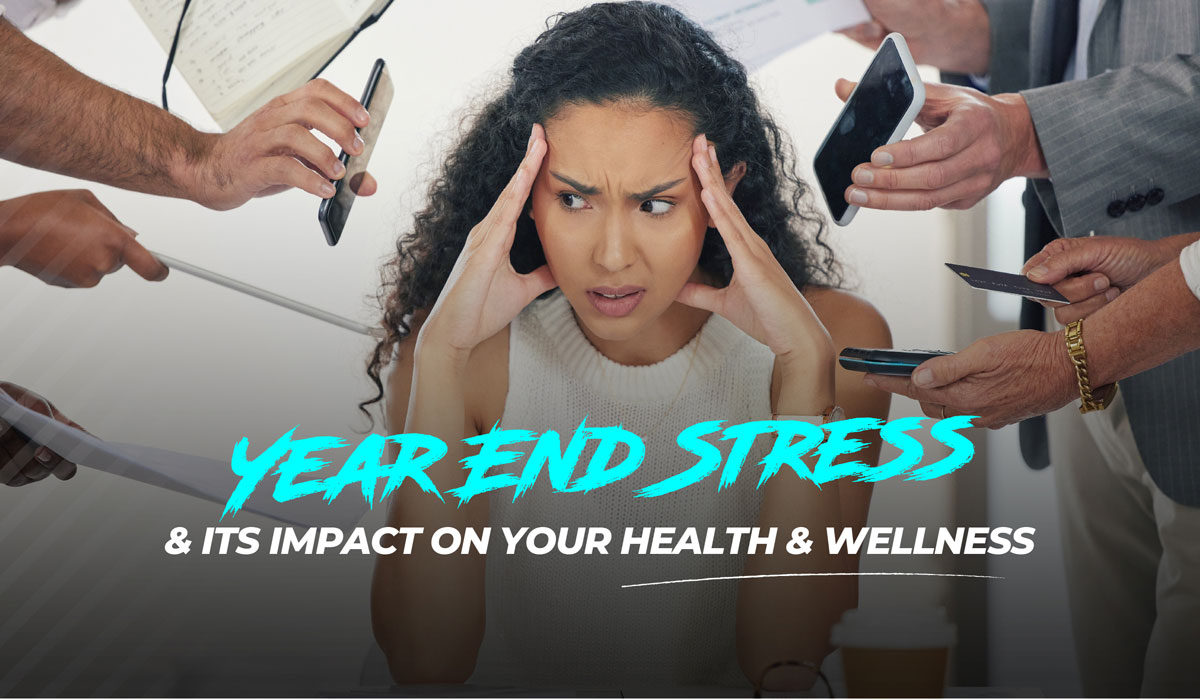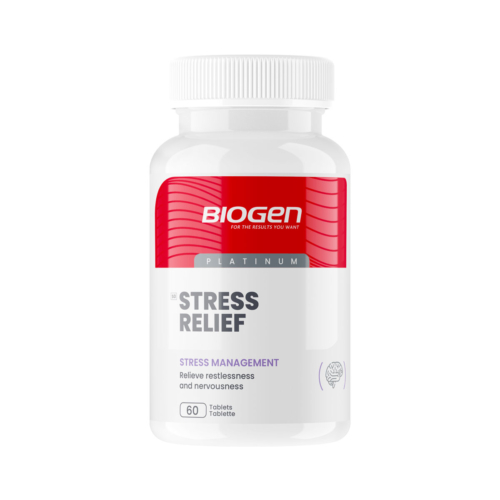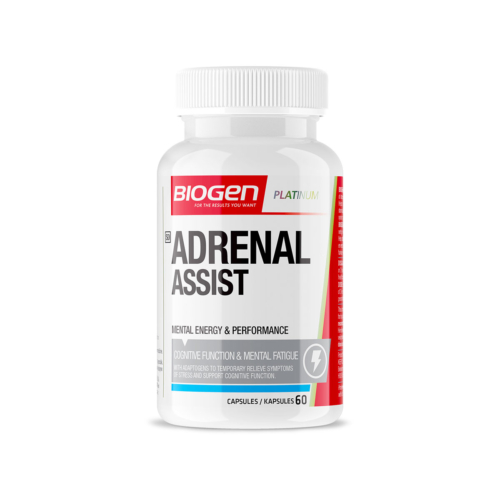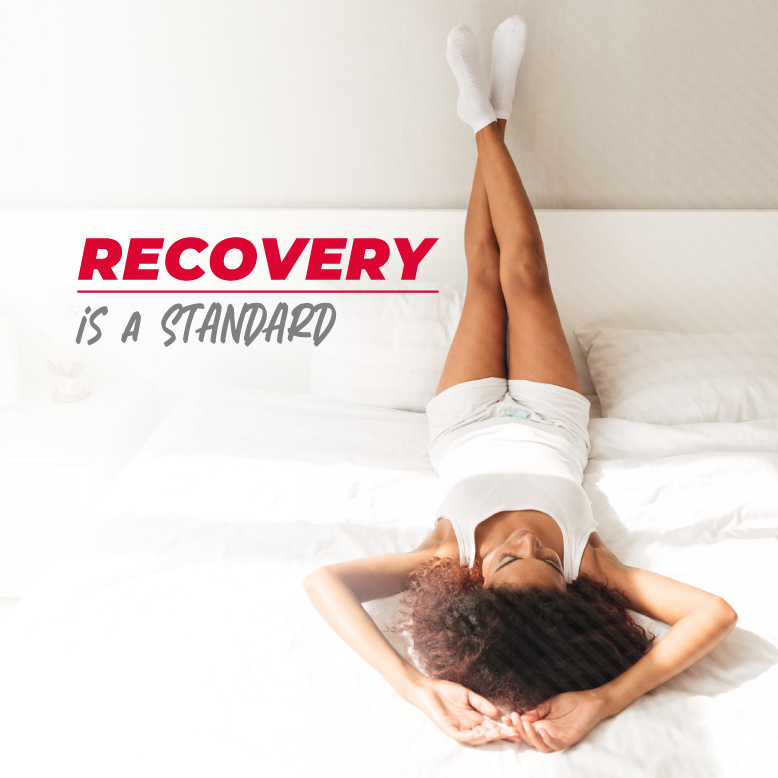
As we approach year-end, the fast pace of our busy, always-on work and personal lives can leave us feeling drained and burnt out.
Stress-related burnout is defined as a state of emotional, physical, and mental exhaustion that often occurs as a result of prolonged exposure to high levels of stress, particularly in a work environment¹.
People affected by burnout often feel physically and emotionally exhausted, often experiencing a lack of energy, feeling overwhelmed and tired, and anxious and depressed. Those suffering from burnout may even develop physical symptoms, like pain and digestive issues².
Burnout mainly affects everyday tasks at work and at home, or when caring for family members. People with burnout are negative about their tasks, find it hard to concentrate, are listless and lack creativity².
The dopamine connection
One factor feeding into this lack of energy and the rise in negative feelings and emotions is a condition known as dopamine exhaustion.
While not a formally recognised medical term, the concept has gained traction in discussions surrounding the potential negative effects of our modern lives, particularly the role and influence that digital technology and social media have in our lives.
Dopamine is a neurotransmitter produced in the brain that is associated with pleasure, mood and emotional regulation, as well as motivation, learning, memory, and movement.
This chemical messenger, often called the feel-good hormone, carries signals between nerve cells in the brain and it is released in response to any type of reward³.
Its main role is to modulate behaviour – we get a surge of dopamine when we experience pleasure from new experiences, especially social interactions, when we learn new things, and from achievement.
It feels good when dopamine gets nerves firing in the brain, which reinforces behaviours, encouraging us to take action and keeps us motivated to chase that feeling, which is good, up to a point.
Overstimulation an issue
The issue we face is that we’re all overstimulated. We receive constant email and message notifications and updates on our phones from different workplace productivity and workflow apps, and social media algorithms serve up a steady stream of content on our feeds to keep us scrolling.
It has led to the rise of issues like digital dependency and social media and technology addiction but when we spend our lives on devices, the constant overstimulation can result in burnout because we produce too much dopamine and lose our sensitivity to this powerful neurotransmitter.
When we become desensitised to dopamine, we may experience symptoms that can include a lack of motivation and interest in activities, diminished feelings of gratification, decreased energy levels, difficulty initiating tasks, changes in mood and emotional, and cognitive difficulties, including difficulty with memory, attention, and problem-solving.
Build stress resilience
Taking a proactive approach to managing and regaining control of our lives can help us destress and avoid year-end burnout. A useful framework used to identify and neutralise stress triggers is the 5 As approach, which entails:
Additional ways to destress
There are numerous other ways to reduce stress and address burnout. For example, according to research, creating headspace and calming the mind are effective ways to deal with and reduce stress.
For instance, participants in one study⁴ effectively reduced stress levels with yoga, mindfulness and a mindfulness app.
Meditation can also help you manage and reduce stress⁵ by making you more mentally resilient. Regular meditators gain better control of their thoughts, emotions and feelings and experience various benefits, including improved stress tolerance, less anxiety and depression, better mental clarity, concentration, focus, calmness, and emotional positivity.
Deep breathing exercises or breathwork (deliberate control of your breathing pattern) can also help calm your nervous system and reduce stress levels⁶.
Maintaining strong social connections is also essential for managing stress⁷. Talking with friends, family, or a therapist can provide a valuable outlet for expressing your feelings and gaining support. Feeling understood and connected can reduce the emotional burden of stress.
Additional recovery guidelines to support destress:
- Eat a nutritious diet and meet your daily hydration targets.
- Get 7-9 hours of restorative sleep a night.
- Move regularly and get active daily.
- Ensure at least 48 hours of rest between intense training sessions.
- Avoid or limit your intake of stimulants, alcohol and nicotine.
- Manage and mitigate all forms of stress in your control.
Manage stress with supplements
Supplements specifically formulated to support our body’s natural stress response can also support your efforts to destress and avoid burnout as the year draws to a close.
Products like Biogen Stress Relief, Biogen Mental Reset, Biogen Mental Lift, Biogen Adrenal Assist and Biogen Ashwagandha Root contain natural botanical and herbal ingredients and vitamins and minerals that support our nervous and hormonal systems or work to reduce tension, irritability, nervousness, restlessness and mild anxiousness.
These ingredients include adaptogens, which are substances that increase the body’s ability to resist and adapt to mental and physical stress. They are generally made from plant extracts or herbs that help to restore balance in the cardiovascular, immune, nervous and endocrine systems, usually without any physiological disturbance, side effects or toxicity.
It is recommended that you consult a healthcare professional if you experience any of the symptoms outlined in this article. And it is always best to combine any stress support or nootropic supplement with beneficial lifestyle changes including a healthy diet, regular exercise, and adequate sleep to improve your overall wellness, boost your performance, and power through to the end of the year!
References:
- Edú-Valsania S, Laguía A, Moriano JA. Burnout: A Review of Theory and Measurement. Int J Environ Res Public Health. 2022 Feb 4;19(3):1780. doi: 10.3390/ijerph19031780. PMID: 35162802; PMCID: PMC8834764.
- InformedHealth.org [Internet]. Cologne, Germany: Institute for Quality and Efficiency in Health Care (IQWiG); 2006-. Depression: Learn More – What is burnout? [Updated 2024 Apr 15]. Available from: https://www.ncbi.nlm.nih.gov/books/NBK27928.
- Juárez Olguín H, Calderón Guzmán D, Hernández García E, Barragán Mejía G. The Role of Dopamine and Its Dysfunction as a Consequence of Oxidative Stress. Oxid Med Cell Longev. 2016;2016:9730467. doi: 10.1155/2016/9730467. Epub 2015 Dec 6. PMID: 26770661; PMCID: PMC4684895.
- Can YS, Iles-Smith H, Chalabianloo N, Ekiz D, Fernández-Álvarez J, Repetto C, Riva G, Ersoy C. How to Relax in Stressful Situations: A Smart Stress Reduction System. Healthcare (Basel). 2020 Apr 16;8(2):100. doi: 10.3390/healthcare8020100. PMID: 32316370; PMCID: PMC7349817.
- Daniel RV, Sharma G, Chandra S. Effective Stress Management through Meditation: An Electroencephalograph-Based Study. Int J Yoga. 2022 Jan-Apr;15(1):45-51. doi: 10.4103/ijoy.ijoy_171_21. Epub 2022 Mar 21. PMID: 35444365; PMCID: PMC9015081.
- Fincham, G.W., Strauss, C., Montero-Marin, J. et al. Effect of breathwork on stress and mental health: A meta-analysis of randomised-controlled trials. Sci Rep 13, 432 (2023). https://doi.org/10.1038/s41598-022-27247-y.
- Ozbay F, Johnson DC, Dimoulas E, Morgan CA, Charney D, Southwick S. Social support and resilience to stress: from neurobiology to clinical practice. Psychiatry (Edgmont). 2007 May;4(5):35-40. PMID: 20806028; PMCID: PMC2921311.













